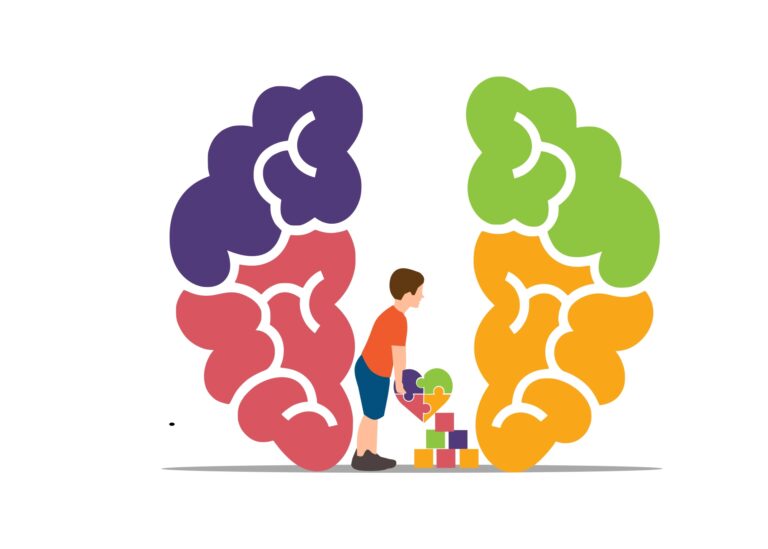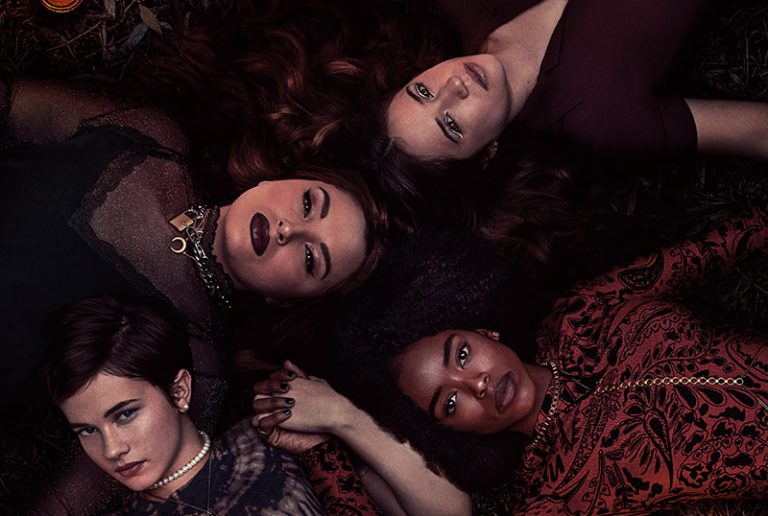Book Banning and the Effect on the LGBTQ+ Community
There has been a clear increase in book banning occurring in the United States as of 2023. According to the American Library Association (ALA), as of January to August 2023 there has been a 20% increase in the number of books challenged and banned from schools and libraries. Those who seek to ban books from schools and libraries challenge books they deem “inappropriate” and contain content “unsuited for any age group.” These types of challenges refer to topics of sex, violence, illegal activities, discussions of racism, and more. However, these challenges overlap with and target LGBTQ+ content and authors, as seen through how five of the eleven most banned books during the 2022-2023 school year contained LGBTQ+ content.
Book banning and recent laws and policies created to limit the discussion of LGBTQ+ topics in schools attempt to erase LGBTQ+ voices, experiences, and overall existence from society by limiting and removing access to books. The attempted erasure of LGBTQ+ individuals and experiences through book-banning in schools and libraries is a sanitizing of American society and history.
What Is Book Banning?
According to the ALA, book challenging and book banning in schools are attempts to restrict books and the removal of books and materials from schools, libraries, and curricula. PEN America further defines book banning as “any action taken against a book based on its content and as a result of parent or community challenges, administrative decisions, or in response to direct or threatened action by lawmakers or other governmental officials” that leads to either a complete removal or limited access to the book.
Challengers who attempt to ban books from schools, libraries, and curriculum similarly state that they are doing so to prevent children from accessing content deemed “inappropriate” for them, such as sexual content, LGBTQ+ content, offensive language, and more. The Washington Post has created a graph and compiled the top fifteen reasons given for book challenges.
Why Are LGBTQ+ Books Targeted?
Of book banning in schools, there is an explicit focus on challenging and banning books with LGBTQ+ content, characters, and stories. According to PEN America, 3,362 instances of books were banned in America during the 2022-2023 school year. Of those bans, 1,557 unique titles were affected, and 30% contained LGBTQ+ content, characters, or themes.
Challenges against LGBTQ+ books have explicitly expressed fear and anxiety toward books that contain LGBTQ+ content. According to The Washington Post, the “second most common reason” for challenging LGBTQ+ books was to prevent children from reading about queer lives and experiences. Some individuals stated that allowing students access to LGBTQ+ books is “dangerous.” While others expressed fear that LGBTQ+ books would “groom” children into adopting LGBTQ+ identities.
These opinions repeatedly display a fear of LGBTQ+ individuals. They emphasize that the targeting of LGBTQ+ books is because they contain LGBTQ+ experiences and voices that deviate from heteronormativity. Due to their personal, political, and religious beliefs, protesters of LGBTQ+ books deem LGBTQ+ individuals, their identities, and experiences depicted in books “inappropriate” or “unsuitable” for children because of the discomfort they feel toward LGBTQ+ individuals.
How Does Book Banning Affect LGBTQ+ Voices?
Book banning in schools and the bills created to prevent the discussion of LGBTQ+ issues, people, and topics in schools and classrooms silence and erase LGBTQ+ voices in society. As Deborah Caldwell-Stone states in an interview with NBC News, “[LGBTQ+ book bans send] a message of exclusion” and imply that the LGBTQ+ community are not “full citizens with full rights to participate in community institutions like the library.” Book bans diminish and ultimately erase LGBT+ voices through the removal and censoring of books from schools, libraries, and the public.
The censorship of LGBTQ+ books actively erases LGBTQ+ voices and experiences from public perception and access. This censorship prevents individuals of all ages from discovering, identifying with, and seeing their experiences reflected in these books.
As Patrick Kern states in an interview with Lambda Legal, “LGBTQ+ stories are essential because media is generally a queer person’s first exposure to their own truths. We are generally not born into families with queer parents and siblings, so we need stories out there to discover ourselves.” Banning LGBTQ+ books in schools and libraries creates more harm than good. By making LGBTQ+ experiences inaccessible, valuable resources are removed from public access. These books and narratives help LGBTQ+ individuals and youths discover themselves and validate their identities.
Sources of Affirmation
LGBTQ+ books reaffirm to their readers that they are not alone in their experiences. Studies show that when environments affirm LGBTQ+ youths’ identities, there are positive effects and benefits to their mental health. Bans against LGBTQ+ books not only erase the experiences of LGBTQ+ individuals, but they actively harm by erasing and removing sources of affirmation and recognition of the LGBTQ+ community from public access.




